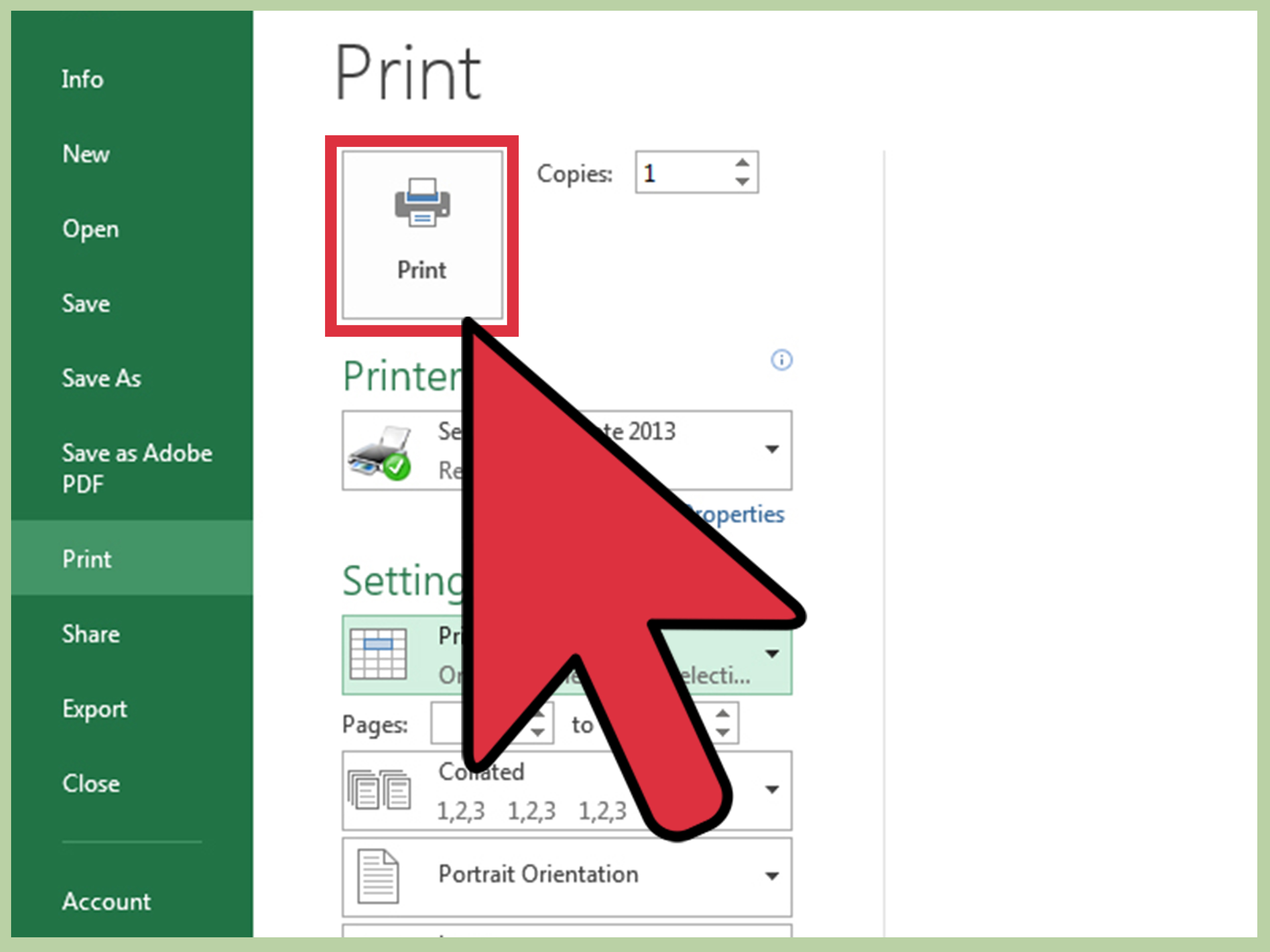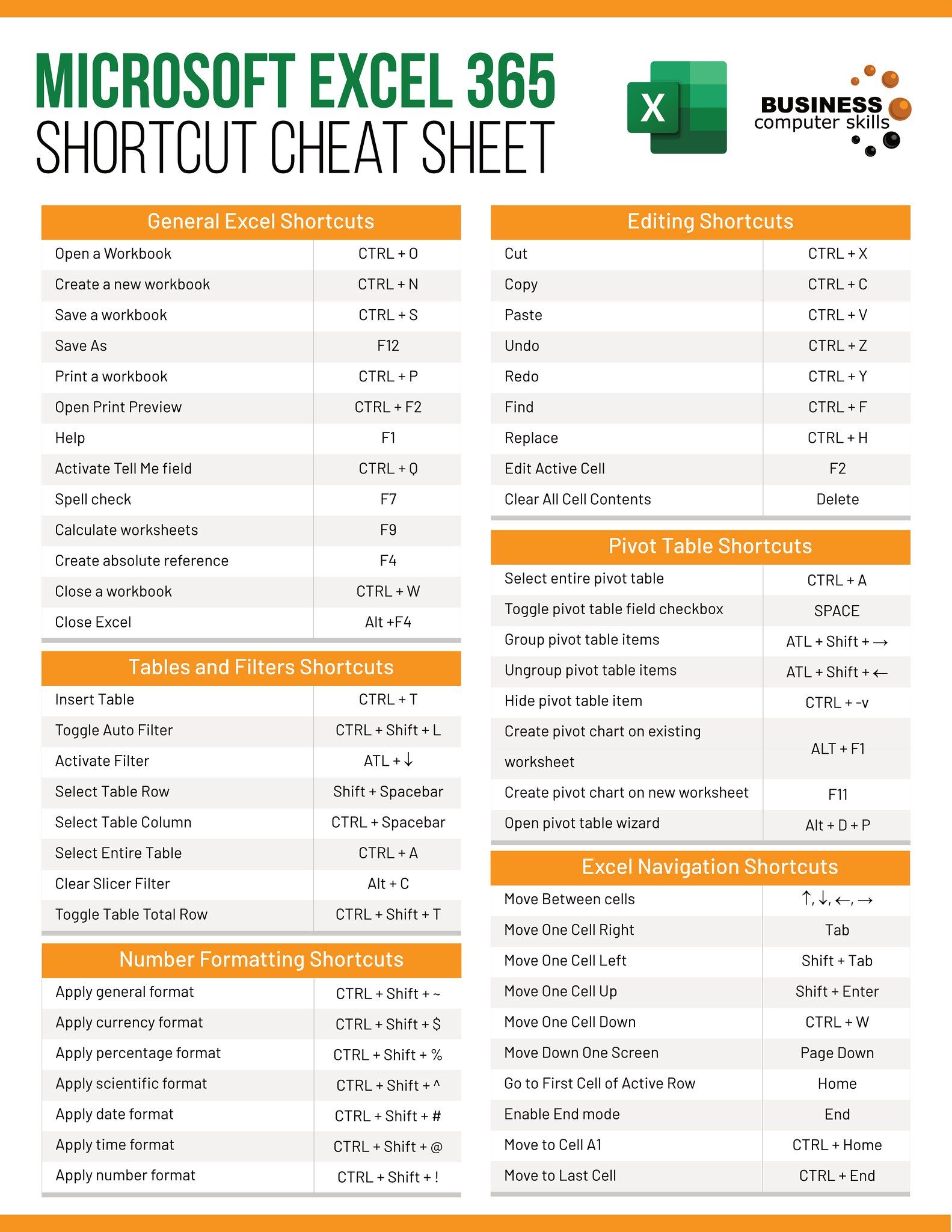5 Ways to Print a Wide Excel Sheet Easily

Printing a wide Excel sheet can be challenging, but with the right techniques, you can make it both efficient and effective. Whether you're dealing with large datasets, charts, or complex layouts, ensuring that your printout is clear and comprehensive is crucial. Here are five strategies to simplify the process of printing wide Excel sheets:
1. Utilize Page Layout for Printing

Before you print, navigate to the Page Layout tab in Excel. Here, you can:
- Set Print Area: Define which part of your worksheet you want to print.
- Adjust Page Orientation: Choose between portrait or landscape to fit your data better.
- Scale to Fit: Use the scale options to make your data fit on fewer pages.
- Margins: Reduce margins or customize them to ensure your data is not cut off.
Here’s how you can adjust these settings:
| Option | Description |
|---|---|
| Print Area | Highlight the area you want to print, then go to Page Layout > Print Area > Set Print Area. |
| Page Orientation | Choose ‘Orientation’ and select ‘Landscape’ for wider sheets. |
| Scale to Fit | Use the ‘Width’ and ‘Height’ options to make your data fit on one page or as many as you desire. |
| Margins | Select ‘Margins’ and adjust the top, bottom, left, and right margins accordingly. |

✅ Note: Remember to review your sheet in print preview before finalizing settings to ensure everything fits as expected.
2. Use Print Titles to Repeat Rows or Columns

When your Excel sheet spans multiple pages, it can be useful to have certain rows or columns repeat on every printed page:
- Print Titles: Under the Page Layout tab, click ‘Print Titles’.
- Rows to Repeat: Set the rows that contain headers or labels you want on each page.
- Columns to Repeat: Set columns with row labels or identifiers if needed.
This ensures that as you go through pages, you always have reference points to understand your data.
3. Explore Page Break Preview

Excel offers a ‘Page Break Preview’ mode that visually shows how your data will break across pages:
- Go to View > Page Break Preview to adjust where your data splits.
- You can drag the blue lines to manually set where the page breaks occur.
With this tool, you can ensure that crucial data doesn’t get cut off in an unhelpful way.
4. Print on Multiple Sheets or Pages

If your data cannot fit onto one page, consider:
- Page Scaling: Under ‘Scaling’, reduce the printout to fit data onto as many pages as you want.
- Manual Page Breaks: Insert manual page breaks by selecting the row or column where you want a break and using the ‘Page Layout’ > ‘Breaks’ > ‘Insert Page Break’ option.
This approach helps manage oversized data while retaining clarity.
📌 Note: This technique can result in multiple pages, so make sure you have enough paper in your printer.
5. Adjust Cell Properties

Before printing, consider:
- Formatting: Condense data by reducing font sizes, or merging cells to decrease the number of columns or rows.
- Hide Unnecessary Data: Temporarily hide columns or rows not needed for printing.
- Freeze Panes: To keep certain rows or columns visible while you scroll through your data, go to View > Freeze Panes.
These adjustments help in optimizing your printout space.
By incorporating these five techniques, you can easily print wide Excel sheets with confidence. Proper page layout, defining print titles, utilizing page break preview, managing multiple pages, and adjusting cell properties ensure your data is presented in the best possible way. These strategies not only make your printouts more readable but also save time by reducing the need for manual adjustments after printing.
What are the benefits of using Print Titles?

+
Print Titles allow you to keep headers or labels on every page, making it easier to navigate through your printed data, especially when dealing with large datasets spread across multiple pages.
Can I change where the page breaks occur automatically?

+
Yes, Excel provides automatic page break adjustment, but you can also use Page Break Preview to manually set or change where pages break for better data presentation.
How can I avoid cutting off data when printing?

+
To avoid cutting off data, use scaling options, adjust margins, set print areas carefully, and utilize Page Break Preview to ensure your data fits on pages correctly.